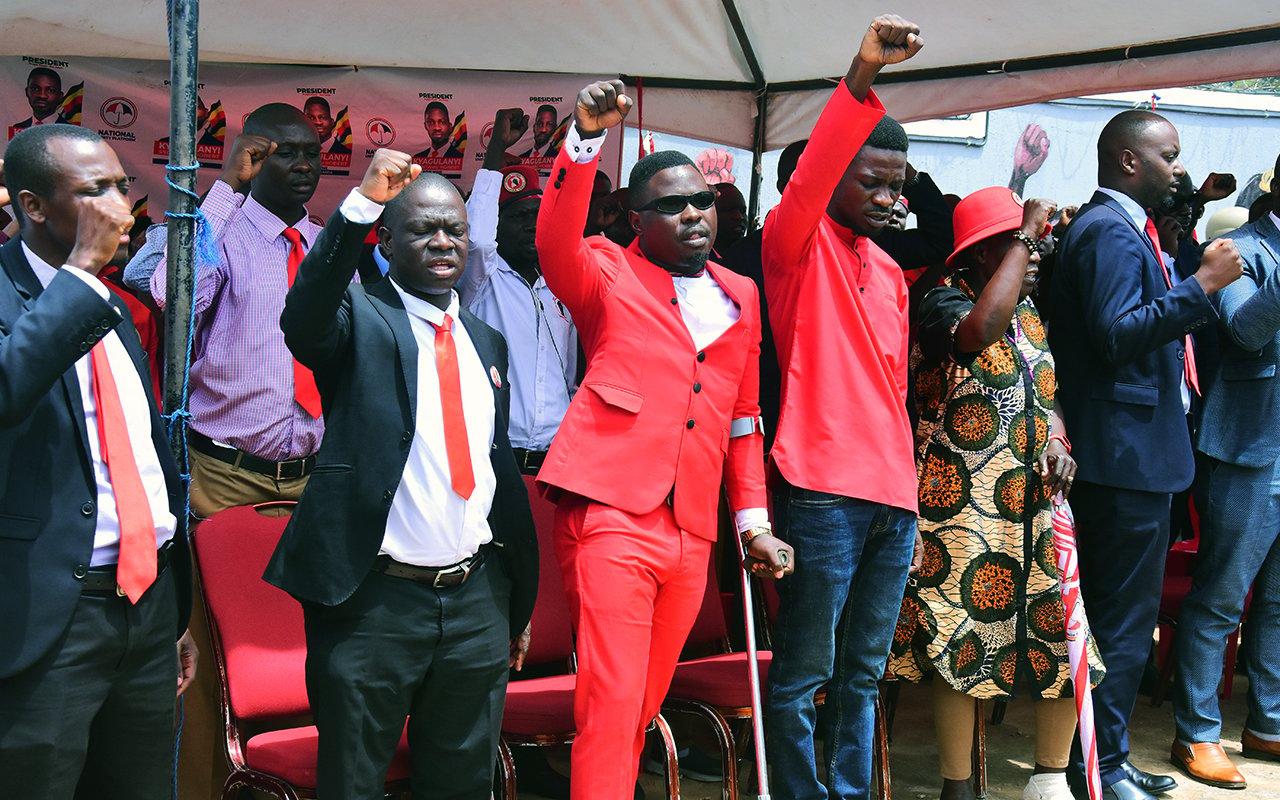Prime
Beyond corruption, it’s delegation, interests and exclusion frustrating National Unity Platform

Mr Charles Tweheyo
What you need to know:
- Delegation to bear meaningful outcomes in party and parliamentary politics, political parties must be institutionally compelled to internal power sharing mechanisms that separate personal interests of founders from the official obligations of the parties/agents.
It’s all about the Superiority Complex among political party principals who want to use party delegates as propagators of their personal interests often charismatically portrayed as party interests. This is aggravated by the exclusionary political system under which the winner takes it all.
Delegation means giving others authority to act on your behalf. It has been a common practice in Africa’s politics since pre-colonial times.
In pre-colonial Africa, for instance, kings appointed delegates in charge of kingdoms’ administrative and judicial systems.
During colonialism delegation was seen through indirect rule which encapsulated a range of practices by which imperial powers controlled Africans through imperial resident political agents. When African states gained independence in the 1950s and 60s politics of delegation remained one of the coolest ways to go. Delegation has been practiced even in parliamentary politics.
In Uganda for instance, when the first direct elections to the LEGCO were held in 1958 the position of “Leader of the Opposition” (LoP) was formally created in preparation of the country for independence. From then, the LoP would exist as a parliamentary position for a Member of Parliament delegated by a leading opposition political party.
Following the 1971 military coup and the subsequent suspension of parliament, the LoP didn’t exist for eight years until 1980 when the first post-independence elections were held.
This also marked the revival of the LoP in parliament until 1985 when the parliament was closed following another military coup.
From 1986 when the NRA/M took power there was no official Opposition in parliament until 2005 when Uganda returned to a multi-party system.
Until now, the largest opposition political party in parliament delegates a leader as provided for in the Constitution under Article 82(a) and Part II(a) of the Administration of Parliament (Amendment) Act, 2006.
Almost all politicians that have led the opposition in parliament have met one common crisis: Conflicts with their political party leaders. In most cases, these are the party founders. So they are charismatic and popular.
But something remarkable about these conflicts is what political-economists term as the Principal-Agent problem: a situation that occurs when the delegated leaders do not represent the interests of their principals. An indicator that an agent’s loyalty is either scarce or compromised.
A critical analysis of the current stand-off in the National Unity Platform (NUP) indicates nothing new. It is the same spell of conflicts that have frustrated political parties in the past. It’s a kind of conflict rooted in both personal and institutional discrepancies.
First, it finds roots in the superiority complex among political party founders who usually want “their” delegates to compromise loyalty in favour of their principals’ personal interests which are often charismatically portrayed as party interests.
Second, the conflict can be traced in the exclusionary political system which provides for contests where one candidate’s gain is the other’s loss (the winner takes it all).
While it provides for a LoP, this system is at the same time a source of mistrust between agents and principals because LoPs appear as officially facilitated by the government to pose ‘existential political threat’ to the principals who are the actual pontiffs of opposition. This is definitely a clear leadership crisis.
So, whenever these struggles erupt, there will always be a factor to galvanize the conflict. This time it’s corruption, tomorrow it may be espionage. But we are ‘killing’ the function of delegation.
Delegation to bear meaningful outcomes in party and parliamentary politics, political parties must be institutionally compelled to internal power sharing mechanisms that separate personal interests of founders from the official obligations of the parties/agents.
Those advocating constitutional reforms need to establish how this is plausible in Uganda. Also, perhaps it’s the time to think about an inclusive system where losers don’t have to lose it all. Think about it!
Mr Charles Tweheyo is a political scientist.




